
Artificial Intelligence (AI), as a revolutionary technology, is profoundly changing how we live and work. Traditionally, AI primarily relied on cloud computing for large-scale data processing and analysis. However, with the development of edge computing technology, edge artificial intelligence has gradually emerged. Edge AI refers to bringing AI to the device end, enabling data processing and decision-making at the edge nodes, providing users with more efficient, secure, and intelligent services. This article will explore the significance, advantages, and applications of edge artificial intelligence in different fields.
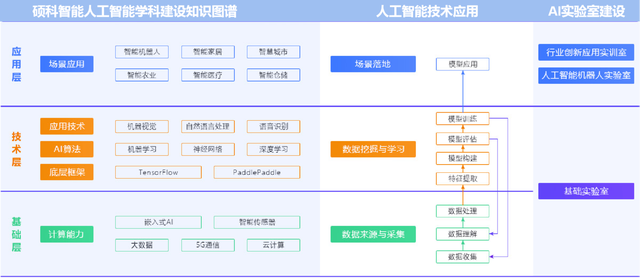

1. Significance of Edge Artificial Intelligence
The significance of edge AI lies in:
-
Real-time response: Since data processing and decision-making occur at the device end, edge AI can achieve faster response times, reducing data transmission and processing delays, thus meeting real-time requirements.
-
Data privacy: By bringing AI to the device end, sensitive data can be processed locally, avoiding transmission to the cloud, enhancing data privacy and security.
-
Reduced network pressure: Edge AI can process most data locally, reducing dependence on cloud computing and lowering network pressure.
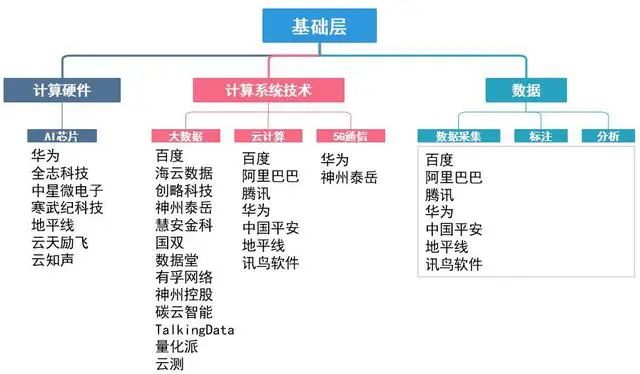
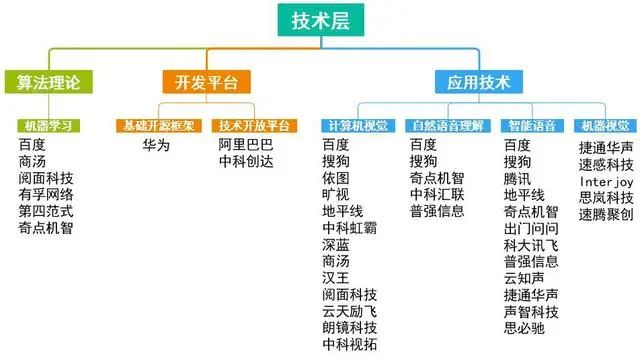
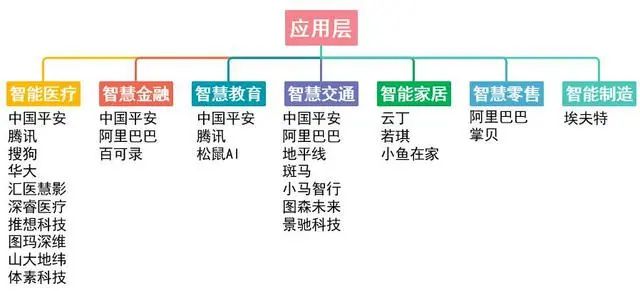
2. Advantages of Edge Artificial Intelligence
-
Quick decision-making: Edge AI enables devices to make intelligent decisions locally without waiting for responses from the cloud, improving system response speed.
-
Offline support: Edge AI can operate on the device end without relying on cloud connectivity, allowing it to continue providing intelligent services even without a network.
-
Data privacy protection: Edge AI avoids the risk of uploading sensitive data to the cloud, protecting user data privacy.
-
Resource-saving: Edge AI processes data locally, reducing the consumption of network resources and lowering communication costs.
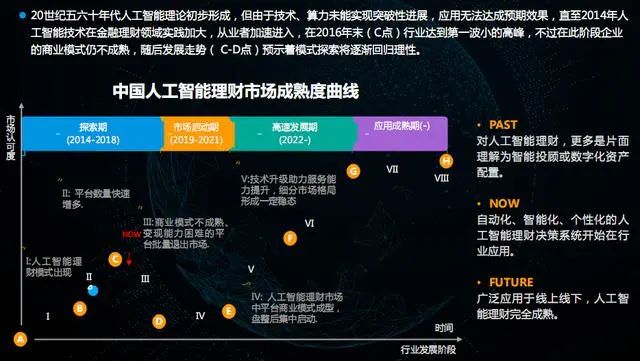
3. Applications of Edge Artificial Intelligence in Different Fields
-
Smart homes: Edge AI allows smart home devices to process user voice commands and data locally, achieving faster and more efficient home automation.
-
Industrial IoT: Edge AI can apply AI to industrial equipment, enabling intelligent monitoring, predictive maintenance, and improving production efficiency and safety.
-
Smart transportation: Edge AI can be applied to transportation devices for real-time traffic monitoring, flow optimization, and intelligent navigation, improving urban traffic conditions.
-
Healthcare: Edge AI can be applied in medical devices for real-time health monitoring and intelligent diagnosis, providing more personalized medical services.
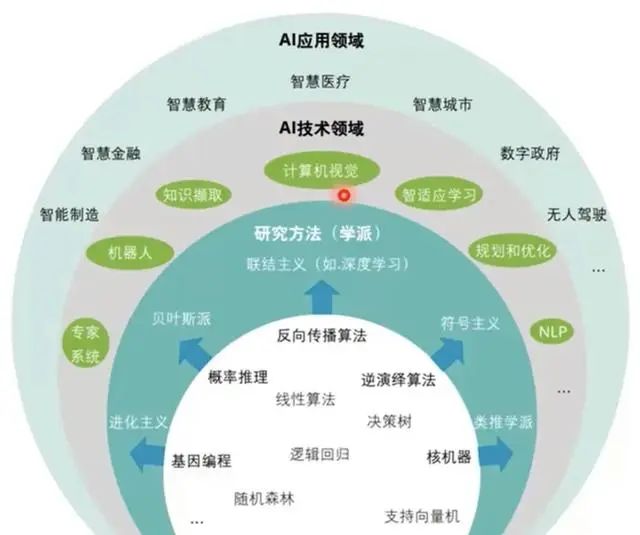
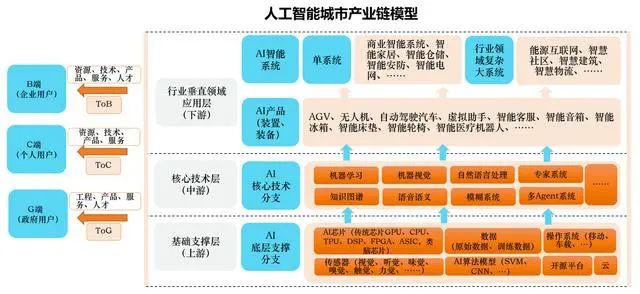
4. Challenges and Outlook
Despite its many advantages, edge AI also faces some challenges:
-
Device resource limitations: Devices have limited resources, which may not support complex AI algorithms and models.
-
Network stability: Edge AI still needs to interact with the cloud, and network stability remains a key issue.
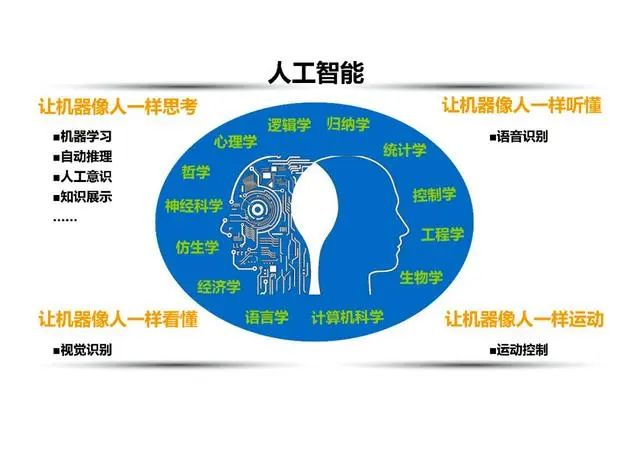
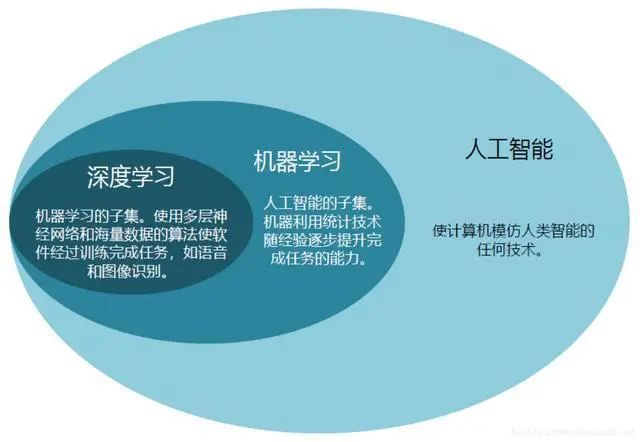
Looking ahead, with further developments in edge computing technology and artificial intelligence, edge AI will become an essential component of IoT and intelligent applications. It will provide users with more efficient, secure, and intelligent services, accelerating the implementation and application of IoT and AI technologies across various fields. At the same time, in the face of challenges, we need to continuously improve edge AI technology to achieve better user experiences and intelligent services.

This article is sourced from: Baidu Account, Senior Internet Expert
Delete if infringed

Follow the public account for more information
Membership application: Please reply “individual member” or “unit member” in the public account
Welcome to follow the media matrix of the China Command and Control Society

CICC official website

CICC official WeChat public account

Journal of Command and Control official website

International Unmanned Systems Conference official website

China Command and Control Conference official website

National Wargaming Competition

National Aerial Intelligent Game Competition

Sohu Account

Yidian Account